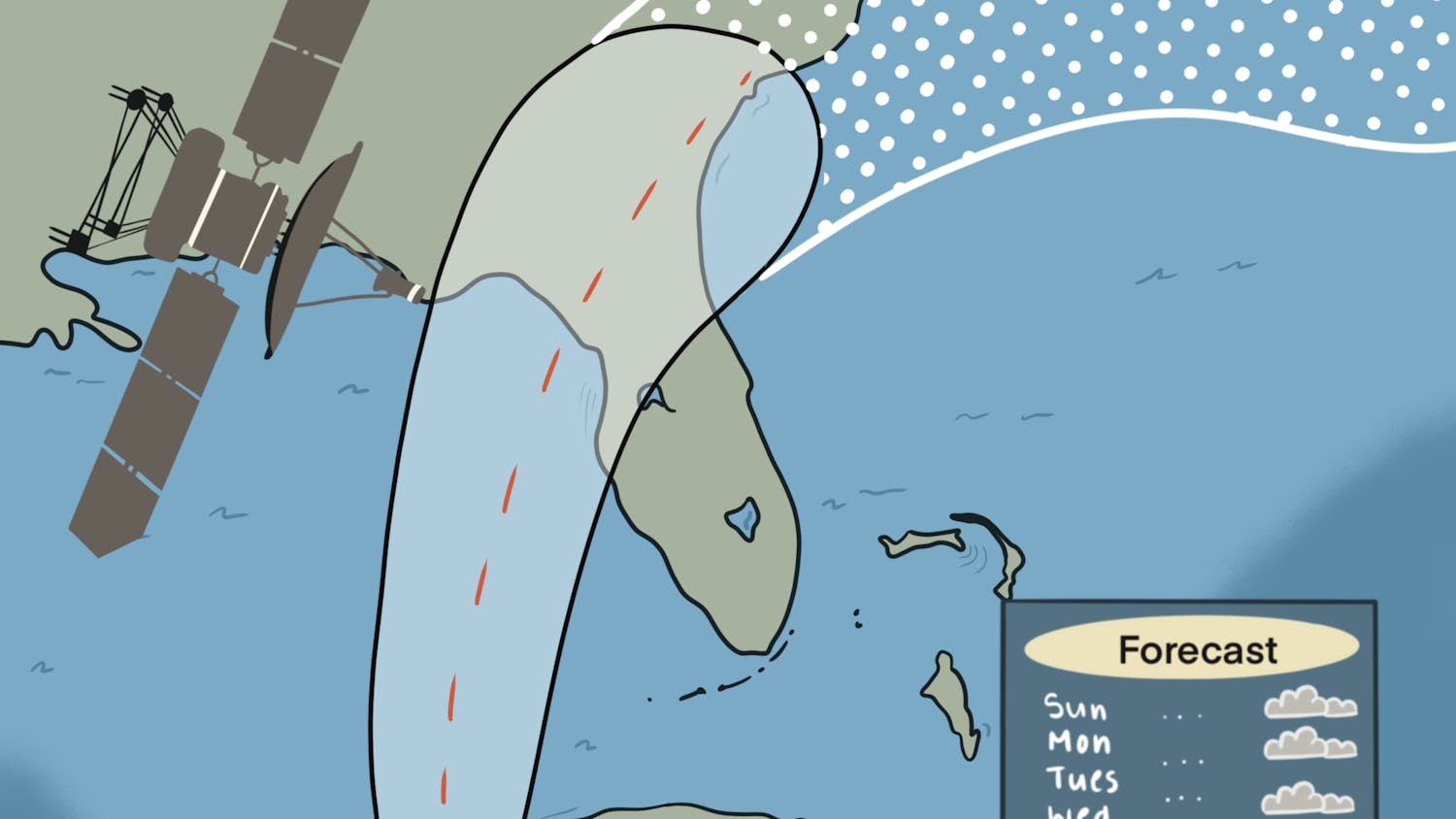As Florida continues to recover from Hurricane Irma, a new hurricane season approaches June 1.
The City of Gainesville will soon release AlertGNV, an emergency alert system that will enhance communication with residents, said Chip Skinner, the public information officer for the City of Gainesville.
AlertGNV will launch by the end of June or July, Skinner said. The alert system will provide text and email updates on severe weather events, traffic impacts and other emergency situations.
Skinner advised students to monitor storms and have enough food and water to last three days in case of power outages. Students with vehicles should fill their gas tanks as well.
“As soon as it’s (the hurricane’s) forecast to hit the state of Florida, they (students) have to start thinking progressively,” he said.
If students are concerned about where to go during a hurricane, they should contact their resident advisors, said Hal Grieb, the assistant director of UF Emergency Management.
On-campus students should stay in their residence halls unless otherwise advised, he said.
“Shelters are really not where you want to default to go. It’s minimal comfort. There’s no bedding provided,” Grieb said. “There’s food and water, but it’s basically designed for a place of last resort to seek shelter during the high winds.”
Brooke Fletcher, a 20-year-old Kingsland, Georgia, native, who is transferring to UF in the Fall, said the hurricane season is not nearly as intense in Georgia as it is in Florida.
“I’m not really used to leaving for storms,” she said. “So, I’d probably stick around up until there’s a mandatory evacuation.”
Follow Samantha Leon on Twitter @_samleon and contact her at samanthaleon@ufl.edu.




